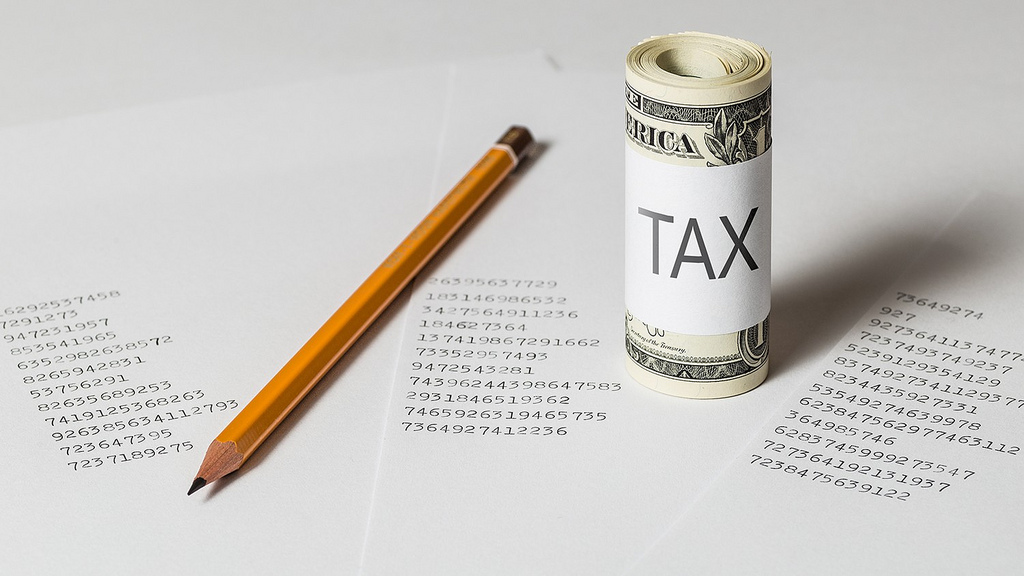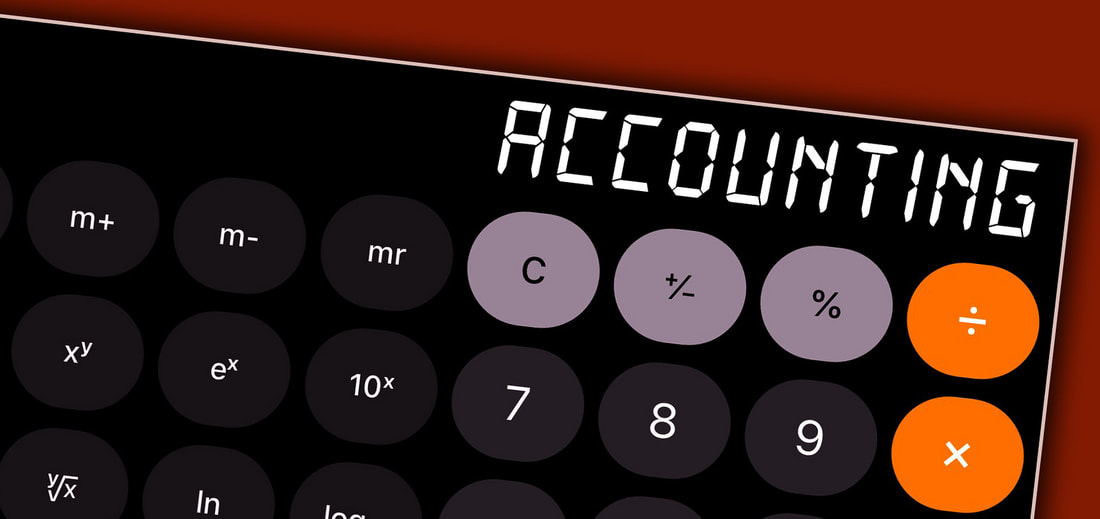|
Insolvency is when a person or company can't meet their financial obligation to pay their bills on time. When debt gets behind for the person or company; they would have likely had unforeseen expense, not handle cash properly, and made a mistake on cash flow projection. When the person or company realize that bills will be past due. They have now became insolvent. When this occur the best option to be upfront with your lenders and vendors of the situation. It is better to be transparent with the people you do business with to keep goodwill in the relationship. They can arrange a better way to adjust the debt to make it less of burden for you to pay off quickly in the long run. Short run they will have to wait to get paid. Most people in business understand that hardship in finance happen. If you been paying bill consistently in the past. They will give you the time for you to turn your situation around to make payment on the debt. Some might be reluctant, but will have to accept that cash will not be received any time soon. Insolvency doesn't mean bankruptcy, but usually that is the path a person or company goes if the debt can't be paid off.
0 Comments
The operating cycle begins with spending cash and it ends with receiving cash from customers. The following steps are: 1. Purchasing activity: buying product usually at a wholesale price and selling at retail price. 2. Receiving product and taking in inventory to put in the market. 3. Sales Activity: selling products to customers that are seeking products. 4. Recording the sale of the product and collecting cash. The step are than repeated for the operating cycle of a merchandising business. The operating cycling for retailers are usually shorter than manufactures because retailers product are ready to sale to customer. Retailers have to better management of inventory so that they don't run out product. Making customers leave their business and go to another that sell the same thing. They don't want to hold a bunch of inventory, because it takes up space, which cost money, and restricting cash flow because product are being held on shelf; not producing income. When the accounting period ends, some of the account balances in the ledger are reported in the financial statement without change. But there are accounts that required to be updated monthly, quarterly, or yearly depending on the nature of the transaction.
There four basic accounts that are require adjustment with journal entries: 1. Prepaid Expense: are advance payment of future expenses and are recorded as assets when cash is paid. It becomes expense over time or during normal operation. 2. Unearned Revenue: are advance receipt of future revenues and are recorded as liabilities when cash is received. Unearned revenue becomes earned revenue over time or during normal operations. 3. Accrued Revenue: are unrecorded revenues that have been earned and for which cash has yet to be received. 4. Accrued Expense: are unrecorded expenses that have been incurred and for which cash has yet to be paid. Updating the account will keep the financial reports current with revenue and expenses during statement review. A good way to make sure that all of the adjustment are done is by using the memorizing feature in QuickBooks. This helps make the process faster for adjustment and remind you of all the journal entries that need to be completed.  A W-9 form was created from the Internal Revenue Service to make it easier for them to keep track of income that a business is making for taxes. The W-9 form is given to the person or organization that is paying you for your services. The W-9 form includes:
The information from the W-9 form is enter into the client accounting system to issue you a payment for your services. The W-9 Form also helps the client prepare 1099 form for taxes. They are issue if your services are more than $600.00 for the fiscal year if you are independent contractor. If they are less than $600.00 for the year, then you will not need to submit a 1099 to the IRS. Also 1099 form are excluded from corporation since they have different tax code.
|
Blog Info:Blogs are about learning basic accounting, accounting formula, tips and advice, and investment concepts and terms. Categories
All
Archives
September 2021
|
||||||




 RSS Feed
RSS Feed